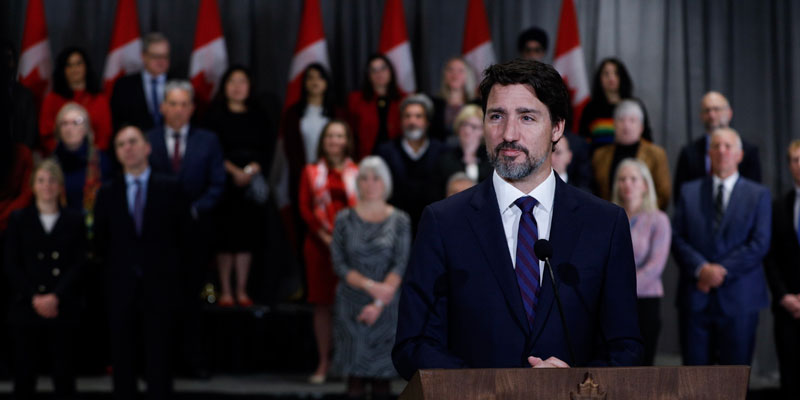Trudeau’s ‘Clean Fuel Standard’ will likely do more harm than good

The Trudeau government’s proposed “Clean Fuel Standard” (CFS) aims to reduce annual greenhouse gas (GHG) emissions from fuels by 30 megatonnes by the year 2030. According to the government’s website, the plan is “complementary to other climate policies… including carbon-pollution pricing.”
But in reality, the CFS undermines the case for a carbon tax. And the implied “price” of avoided emissions is far higher than standard research recommends. As such, the CFS would impose economic damage greater than its ostensible environmental benefits.
The carbon tax, which many economists endorse as the least-cost method of achieving desired emission goals, is widely acknowledged as an efficient way to mitigate climate change—if properly designed. However, the textbook case for a carbon tax recommends it in lieu of other top-down GHG-related regulations. Economists who push carbon taxes argue they properly align incentives so emitters fully take account of their actions, including the impact of their emissions on global climate change. The textbook carbon tax works so well precisely because the government doesn’t pick winners and losers, but instead lets (tax-augmented) market prices guide firms and consumers in a decentralized process. By effectively taxing carbon-rich fuels at a higher rate than carbon-free fuels, a carbon tax automatically provides an incentive for the economy to transition to “cleaner” fuels at the appropriate rate.
As such, slapping a CFS on top of the carbon tax defeats the purpose. Rather than letting prices (augmented by the carbon tax) guide the market on how much to reduce emissions from the fuel sector, instead the authors of the CFS have arbitrarily determined the amount. Even worse, by working through direct regulation rather than a decentralized process, the reductions will cost more than is necessary.
To get a sense of the mismatch, a September 2020 study of the Canadian CFS from LFX Associates reports that permits for the CFS (for emitters not meeting the mandated reduction target) will be offered at a target price of $200 per tonne of carbon dioxide emissions. This is far higher than what standard research suggests is the likely “social cost of carbon,” which is the estimated dollar amount of climate change damage coming from additional emissions.
For example, in its 2013 update, the Obama Administration estimated the social cost of carbon—using standard parameters—for the year 2025 was about $78 per tonne (in today’s Canadian dollars). By effectively imposing a tax on fuels much higher than standard estimates of the social cost of carbon, the CFS causes more economic damage than it gains in avoided climate change.
To quantify the discrepancy between costs and benefits, the LFX study explains: “Using the maximum social cost of carbon estimate in the current federal carbon pricing system to value the benefits of emission reductions, Canadian businesses will pay approximately $6 in CFS compliance costs for every $1 of environmental benefits achieved.”
The Trudeau government’s proposed clean fuel standard is the most aggressive of its kind, being the first in the world to apply to all fuels, not just liquid. However, its implicit tax rate of $200 per tonne is quadruple the ceiling of the federal carbon tax, and far exceeds standard estimates of the social cost of carbon. As such, the CFS discards the textbook argument for the carbon tax in the first place, and likely will cause more damage than it spares.
Author:
Subscribe to the Fraser Institute
Get the latest news from the Fraser Institute on the latest research studies, news and events.

